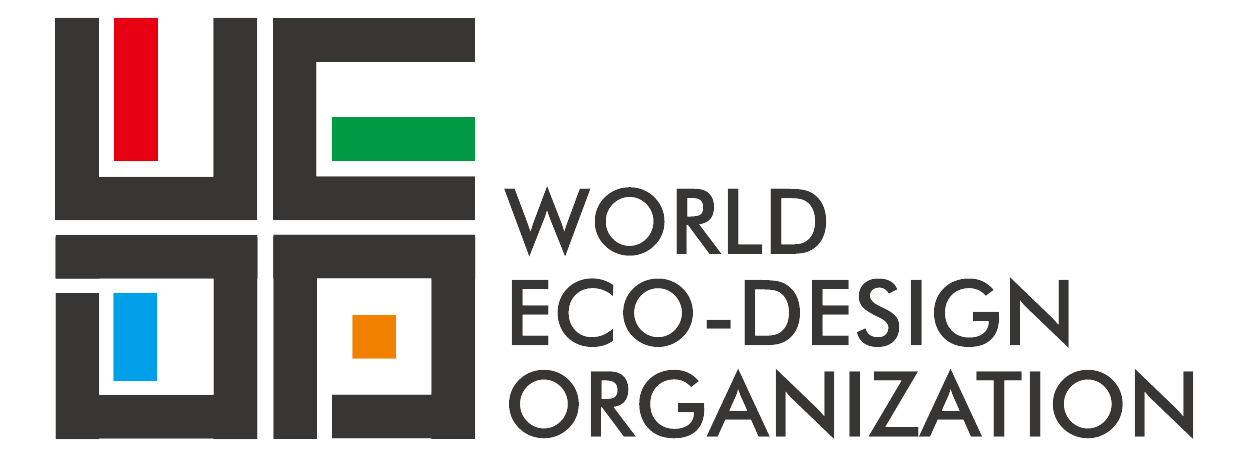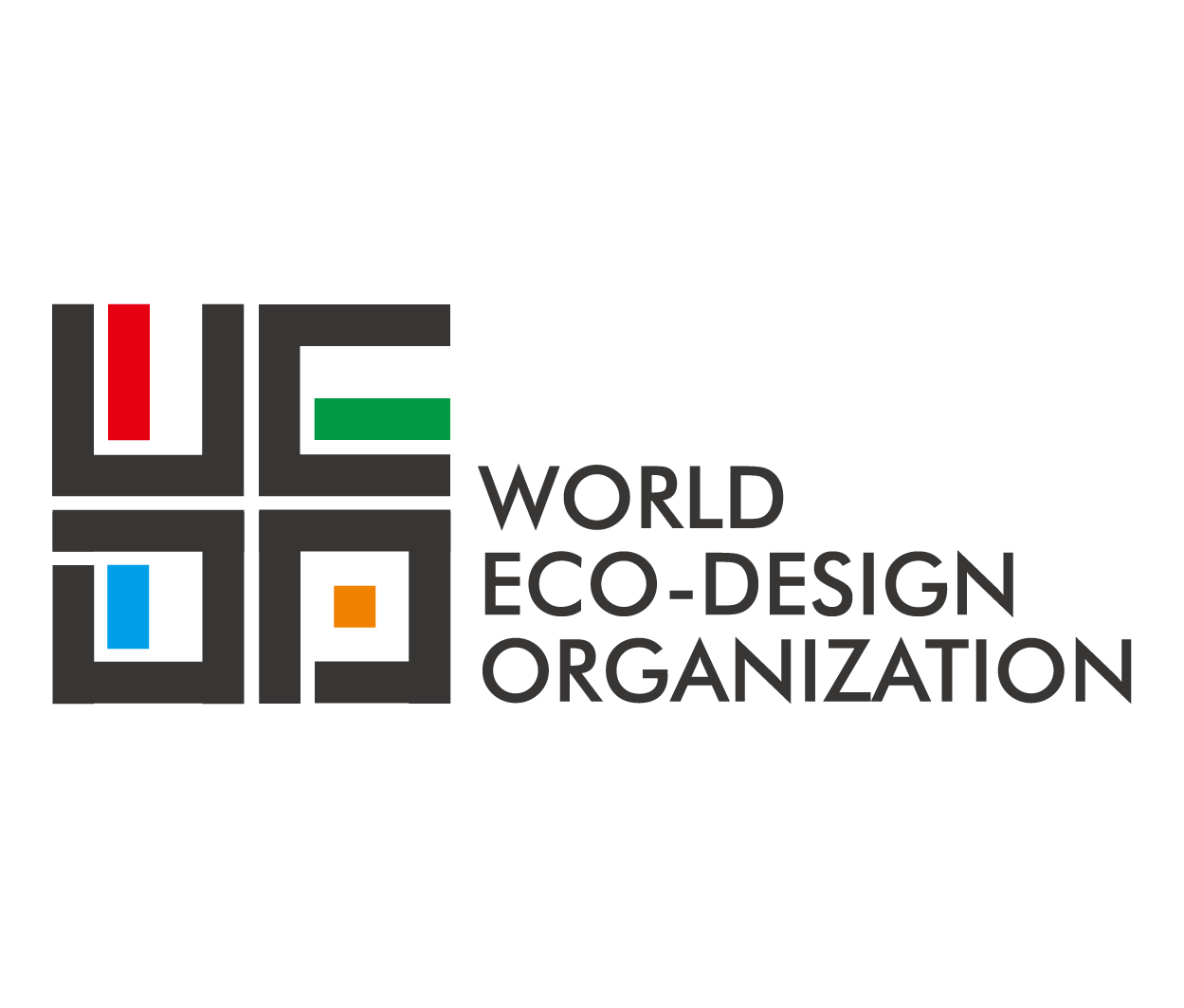Hangzhou, China, 25-27 July 2025-The International Conference on Digital Heritage and Intelligent Design Engineering (DHIDE 2025) was successfully convened in Hangzhou, China. Under the guidance of the World Eco-Design Organization (UN Special Consultative Status NGO), the conference was hosted by Hangzhou City University, organized by the School of Art and Archaeology of Zhejiang University City College, the School of Humanities, Arts and Digital Media of Hangzhou Dianzi University, and the Zhejiang Vocational Academy of Art, and co-organized by the University of Waikato Joint Institute at Hangzhou City University.
As a part of the World Eco-Design academic conference series, DHIDE 2025 covered a wide range of interdisciplinary topics, including digital cultural-heritage conservation, digital museum, digital craftsmanship and cultural creative industries, intelligent cultural tourism, and popular science education in smart museums. The event aimed to foster in-depth exchanges and collaboration among experts in cultural heritage and archaeology, historians, engineering practitioners, computational engineers, designers, and researchers worldwide. Nearly 200 participants from over 30 universities and 10 enterprises attended, sharing the latest research findings and practical experiences, which demonstrated the extensive influence and academic vitality of the field of digital heritage and intelligent design engineering.
At the opening ceremony, speeches were delivered by Yang Bo, President of Hangzhou City University; Prof. Ying Fangtian, Director General of the World Eco-Design Organization (WEDO); and Prof. Yang Cheng, Chair of the conference.
As a part of the World Eco-Design academic conference series, DHIDE 2025 covered a wide range of interdisciplinary topics, including digital cultural-heritage conservation, digital museum, digital craftsmanship and cultural creative industries, intelligent cultural tourism, and popular science education in smart museums. The event aimed to foster in-depth exchanges and collaboration among experts in cultural heritage and archaeology, historians, engineering practitioners, computational engineers, designers, and researchers worldwide. Nearly 200 participants from over 30 universities and 10 enterprises attended, sharing the latest research findings and practical experiences, which demonstrated the extensive influence and academic vitality of the field of digital heritage and intelligent design engineering.
At the opening ceremony, speeches were delivered by Yang Bo, President of Hangzhou City University; Prof. Ying Fangtian, Director General of the World Eco-Design Organization (WEDO); and Prof. Yang Cheng, Chair of the conference.
President Yang Bo delivered opening remarks.
Yang Bo, President of Hangzhou City University, extended a warm welcome to all participating experts and scholars, expressing sincere gratitude to the organizing team and attendees for their support. She outlined the university’s active initiatives and achievements in the digital preservation and creative transformation of cultural heritage, and voiced her hope that the conference will become a global platform for pooling wisdom and integrating diverse resources. President Yang encouraged all delegates to speak freely and engage in in-depth exchanges to promote the inheritance and promotion of humanity’s outstanding cultural heritage and to contribute insight and strength to worldwide cultural exchange and collaboration.
Prof. Ying Fangtian delivered opening remarks.
Professor Ying Fangtian, Director General of the WEDO, fellow of the European Academy of Engineering, and Professor at Zhejiang University, congratulated the conference on its successful opening via a video. He emphasized the importance of ecological inheritance of cultural heritage and the innovative application of digital technologies in an era of cross-border integration, and expressed the hope that the conference would become a globally influential academic platform contributing to the digitalization and sustainable development of cultural heritage.
Prof. Yang Cheng delivered opening remarks.
Professor Yang Cheng, Chair of the conference and Dean of the School of Art and Archaeology, Hangzhou City University, briefly introduced the organizing institutions and provided an overview of the conference preparation work. He welcomed scholars and colleagues to gather and jointly explore the prospects of digital heritage and intelligent design engineering, and to work together for the future of cultural heritage preservation.
The conference focused on the application and development of digital technologies in the systematic conservation of cultural heritage, cross-sector innovation, and sustainable design engineering. In the keynote session, seven distinguished scholars presented their latest research findings and insights, including Professor Mi Haipeng from Tsinghua University, Researcher Xia Shengping from the Dunhuang Academy, Professor Lv Xin from the Communication University of China, Professor Jacob de Baan from Xi’an Jiaotong-Liverpool University, Professor Song Weitao from Beijing Institute of Technology, Professor Xie Jing from the University of Nottingham-Ningbo China, and Researcher Tang Tan from Zhejiang University. Industry leaders Li Yu from SHINING 3D Tech Co., Ltd., and Zhao Yiqing from Henan Yunya Cultural Media Co., Ltd., also shared valuable experience in digital archaeology and museum practice.
Keynote Speeches
In addition, eight thematic sub-forums were held, focusing on cutting-edge topics such as AI-driven creative regeneration of cultural heritage, digital conservation and narrative innovation for cultural heritage, and digital protection and innovative development of intangible cultural heritage. A total of 35 scholars presented their studies and engaged in in-depth discussions.
Sub-forum Reports
Enterprise Technology Demonstration
Art Highlights
Intangible Cultural Heritage practices
Centered on the application and advancement of digital technologies in the systematic conservation of cultural heritage, cross-disciplinary integration, and sustainable design engineering, DHIDE 2025 brought together leading scholars and industry pioneers to create a transdisciplinary and transnational platform, offering new ideas and pathways for the protection, transmission, and innovative design of cultural heritage in the digital era.






 en
en



 Guangzhou,China
Guangzhou,China +86 - 19925740779
+86 - 19925740779 wedc@vip.126.com
wedc@vip.126.com










